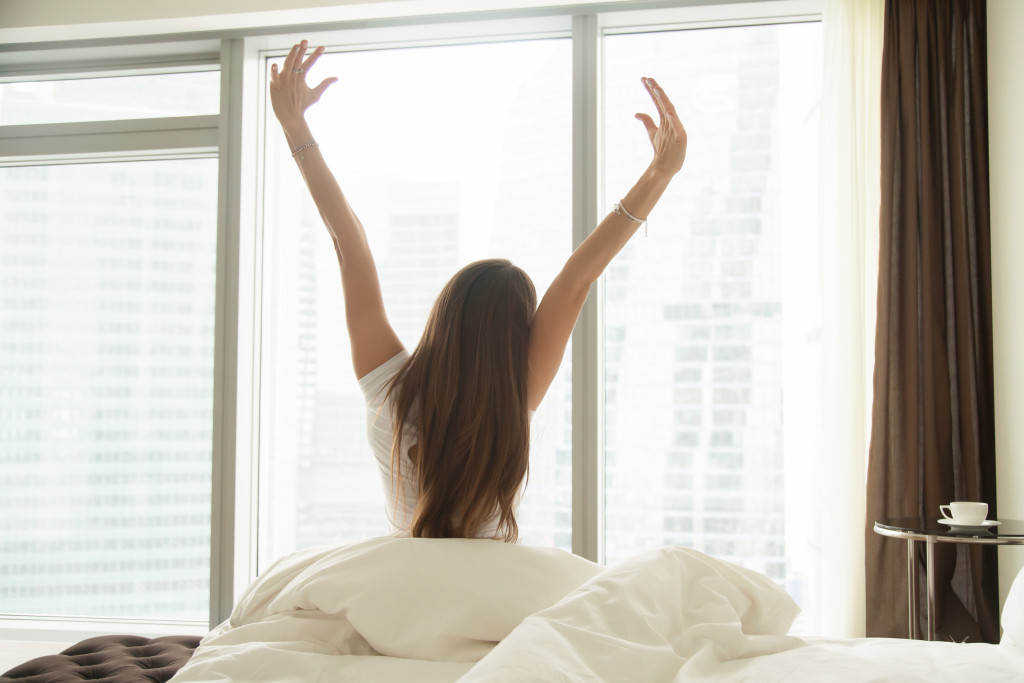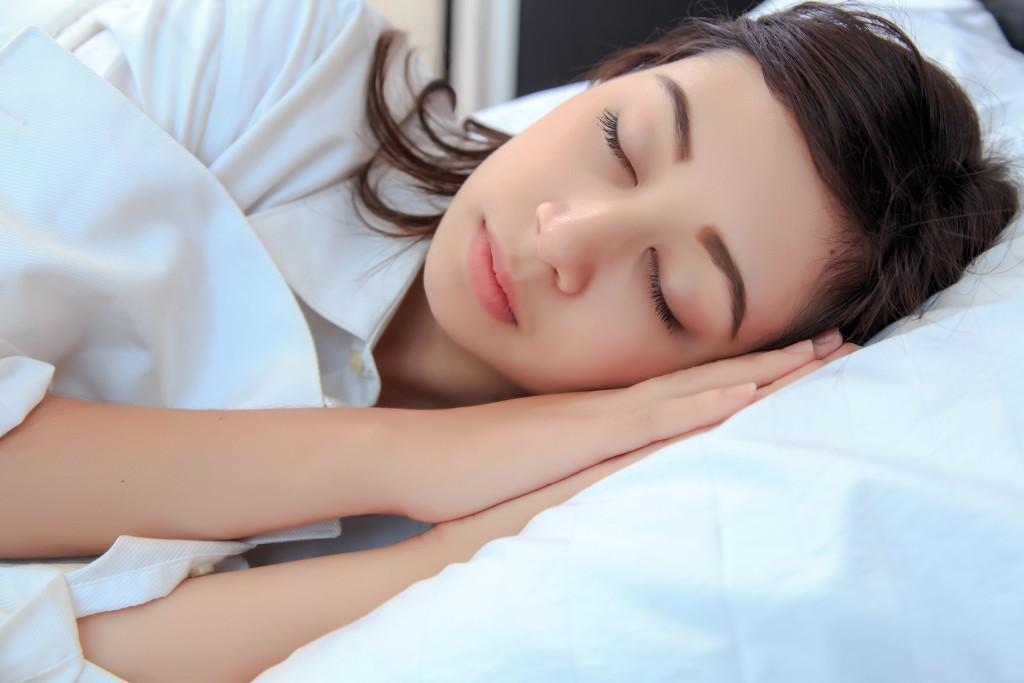Living a healthy lifestyle doesn’t just revolve around being active all the time. Getting enough rest is just as important, or even more so, for overall health. Oftentimes, this is much easier said than done. People are losing sleep because of increased stress and anxiety levels. The unfortunate circumstances caused by the coronavirus outbreak have led to a significant increase in sleep deprivation across the country. This phenomenon has become widely known as “coronasomnia.”
According to a recent study conducted by the American Academy of Sleep Medicine (AASM) in July, at least 85% of American adults cannot get at least seven hours of sleep every night. Of the 85%, around 22% said that they were sleeping worse because of the pandemic and 19% slept less each night.
For the lucky few who manage to clock in at least seven hours or more, it’s been observed that 34% only do so for two nights or fewer each week. Nonetheless, these are some alarming figures. Coronasomnia has definitely elevated into a rampant issue that needs to be addressed right away.
Improve Sleep in a Week
Sleep patterns can either be fairly easy or extremely difficult to adjust. If sleeplessness has persisted for quite a while, most people would usually resort to purchasing sleep-aid products, from blackout curtains to temperature-regulated blankets. Honestly, some of these have been proven to help consumers fall asleep faster and better. However, it’s also important to remember not to become too reliant on these products.
A particular sleep aid should only serve to complement rather than command an individual’s sleep cycle. Sleep scientists maintain that natural sleep should still serve as the foundation for sleep-aid products. Practicing healthy sleep habits will definitely lead to better sleep patterns. Here’s a 7-day sleep plan to help anybody get the right amount of rest.
Day 1: Take Notes
Upon starting on the 7-step sleep plan, it’s essential to keep track of your sleep habits for the rest of the week. Keep a sleep journal or diary, which should be updated every morning when you wake up. Note the activities you were doing before bedtime, what time you went to bed, and the quality of your sleep. These should all provide essential observations that can help improve your sleep.
Day 2: Limit Screen Time
Returning to the survey by the AASM, it’s been observed that around 88% of Americans lose sleep to binge-watch series; 58% watch sports; and 50% play video games late at night. Most of these devices are known to emit blue light, preventing you from falling asleep. Shut these devices down at least an hour before going to sleep. Doing so will surely improve the quality of your sleep.
Day 3: Drink Responsibly
The AASM also reported that around 68% of survey respondents lost sleep due to alcohol intake. Oftentimes, people would drink alcohol or caffeinated beverages a couple of hours before bedtime, especially during dinner. While some of these can be relaxing, they can cause breaks in your sleep in the middle of the night. This is also another element that should be noted in your sleep journal.
Day 4: Start the Day Right
If you’re finding a couple of inconsistencies in your sleep schedule, it could probably be due to your internal body clock. To successfully “reset” this, get some natural light when you wake up in the morning, preferably within the first hour. Likewise, avoid taking prolonged naps throughout the day to avoid disrupting your sleep pattern at night.

Day 5: Set the Mood
Instead of going for another round of alcohol or an extra nighttime snack, consider substituting these with a warm cup of tea. Doing yoga or meditation can also help. Doing these relaxing activities can help you tap into your psychology, sending a signal that the day is coming to an end and it’s finally time to get some rest.
Day 6: Stay Fit
Of course, it’s still important to maintain the balance between being active and getting sufficient rest. Throughout the day, consider inserting some moderate to intense exercises in your schedule. It’s also been observed that people who get around 150 minutes of exercise every week noticed improved sleep quality.
Day 7: Adjust Accordingly
At the end of the week, review everything you’ve noted down in your sleep diary. Most likely, certain patterns will come up, like the difference in the amount of sleep you get between weekdays and weekends. Take into consideration the changes you’ve made throughout the week that worked for or against your sleep habits. Surely you’ll have enough data to help you sleep better for the nights ahead.
Catching Z’s
Coronasomnia is a real threat that can be very detrimental to overall health if left unchecked. Prioritizing sleep is more important than people might realize. Besides allowing an individual to get enough rest, it has also been proven to have significant benefits, from reducing the risk of getting chronic illnesses to improving productivity and creativity.

